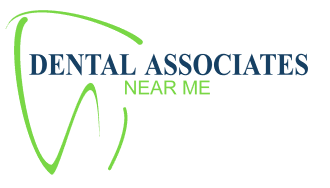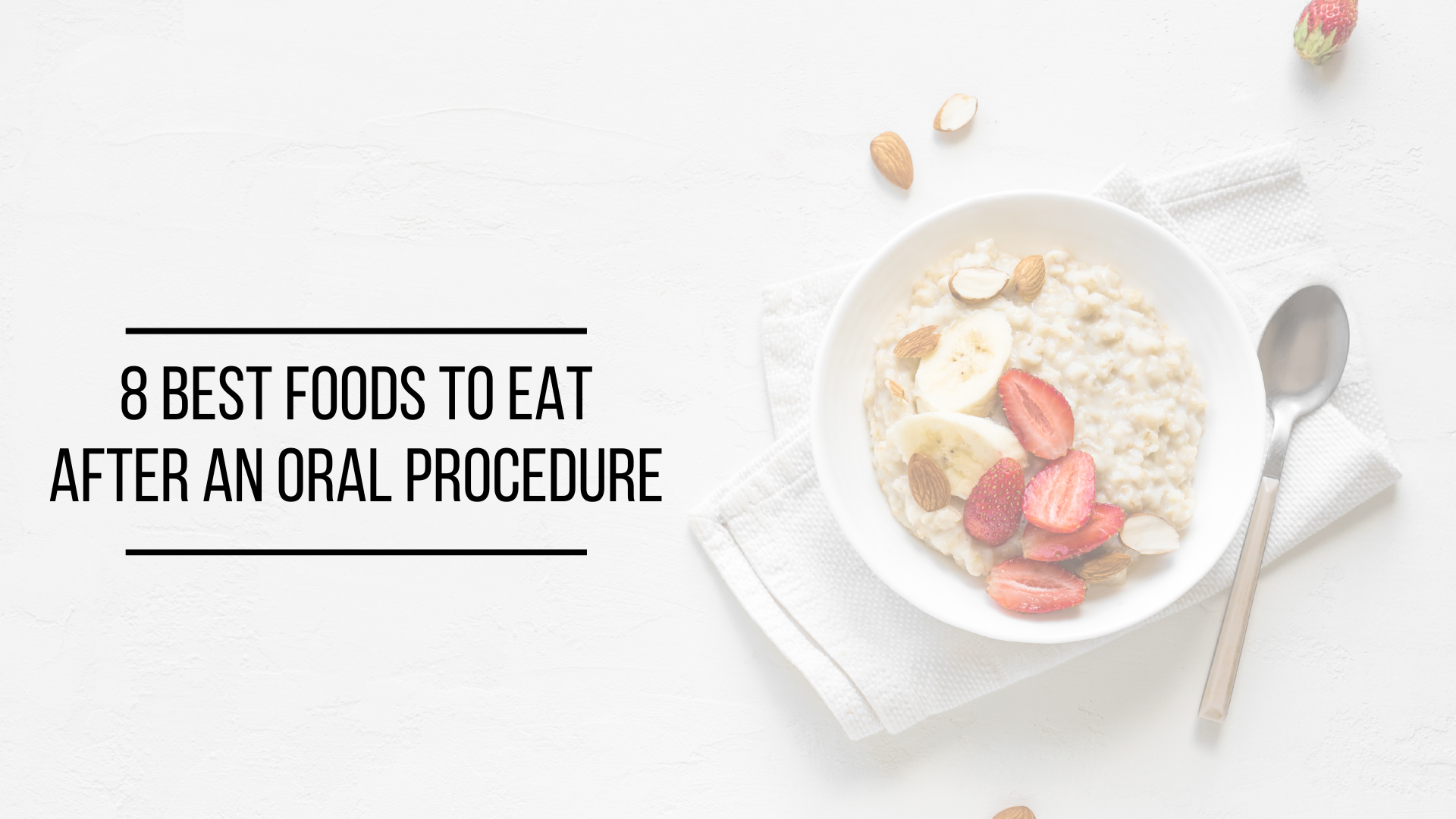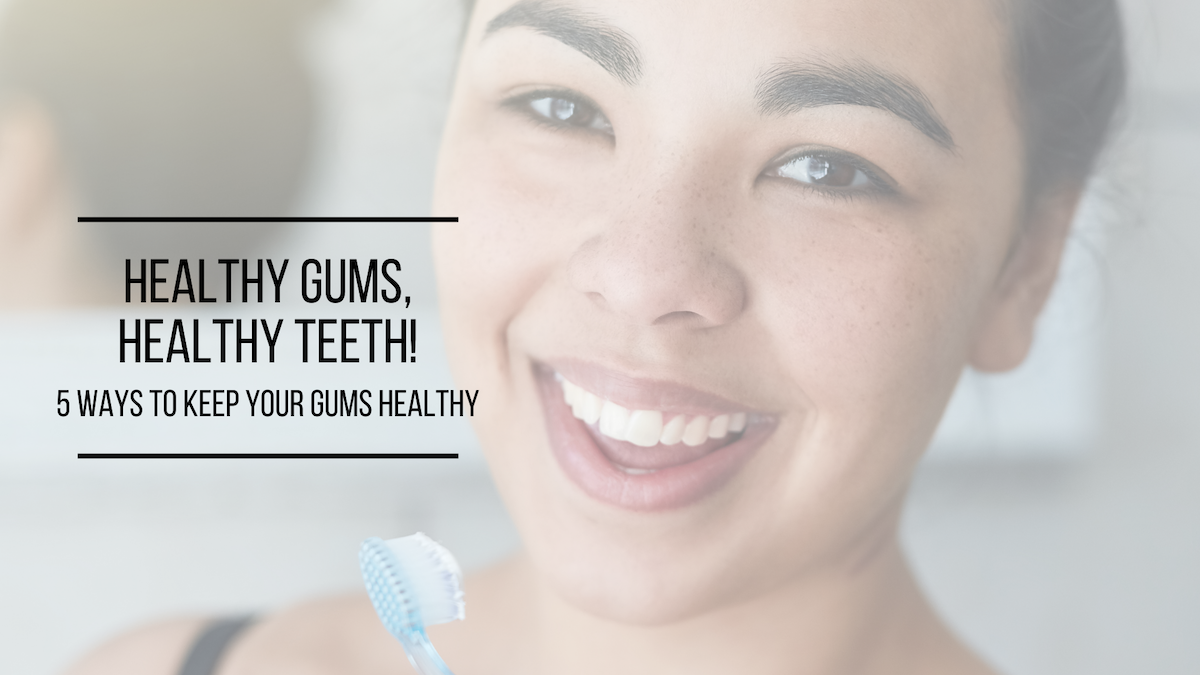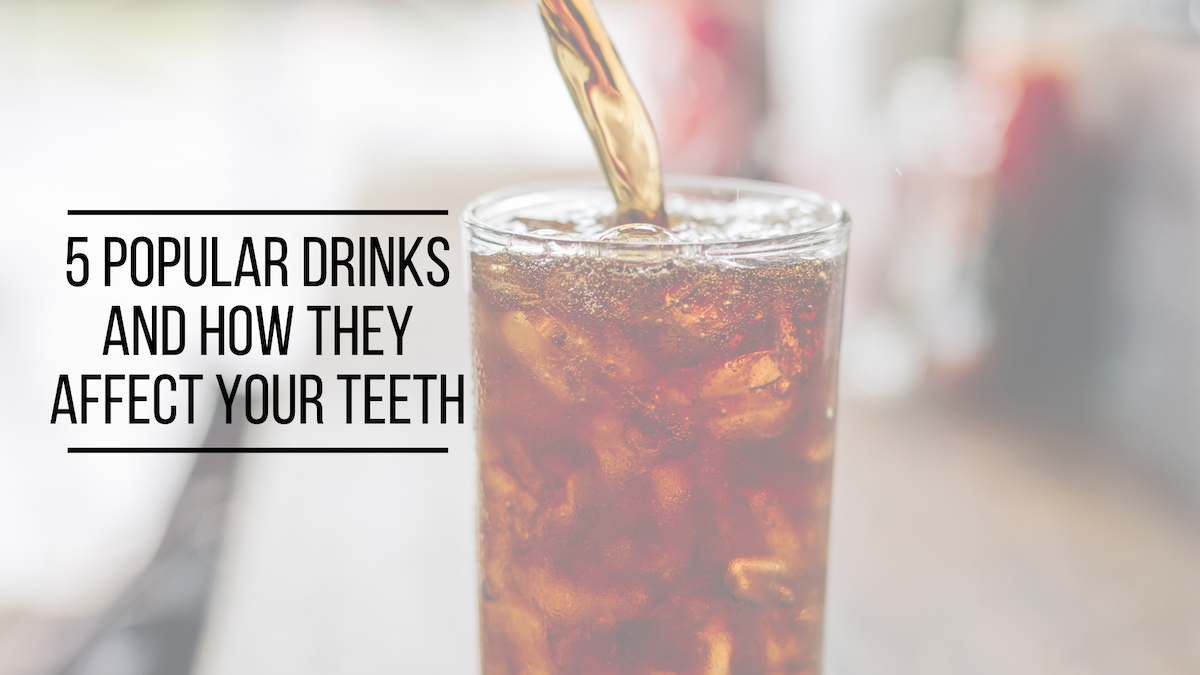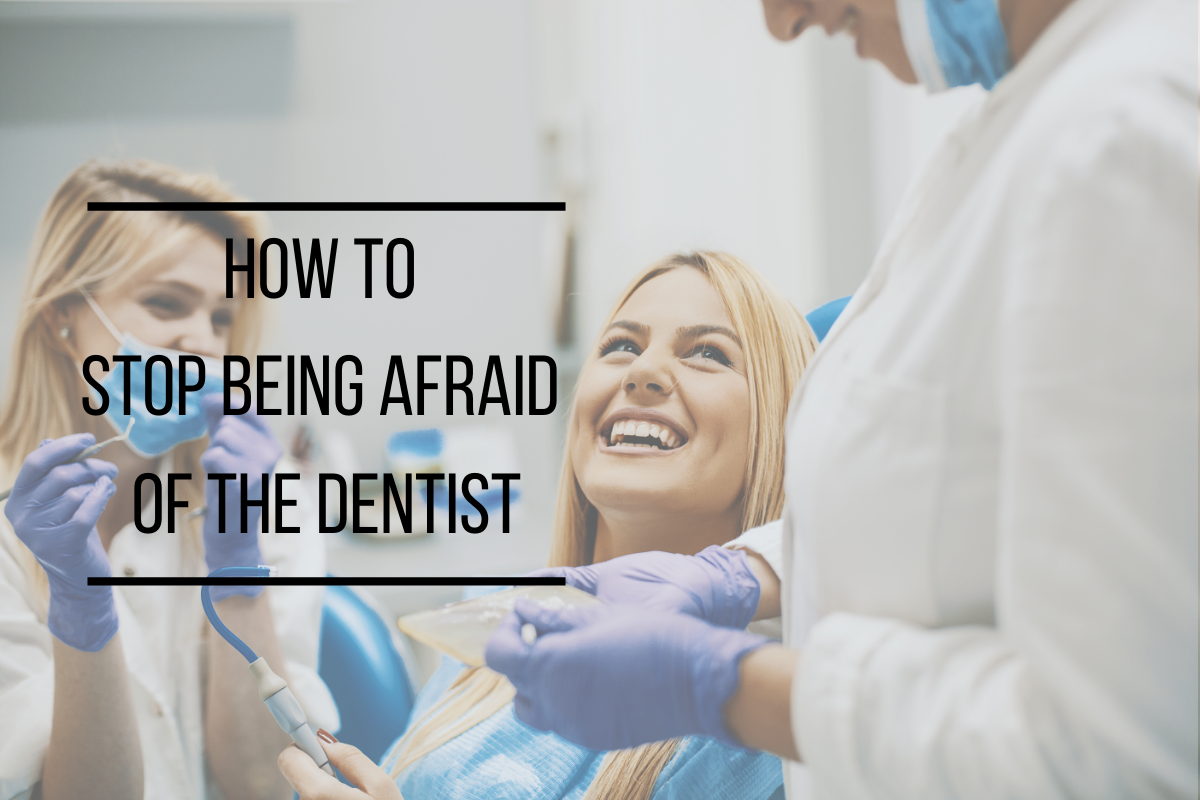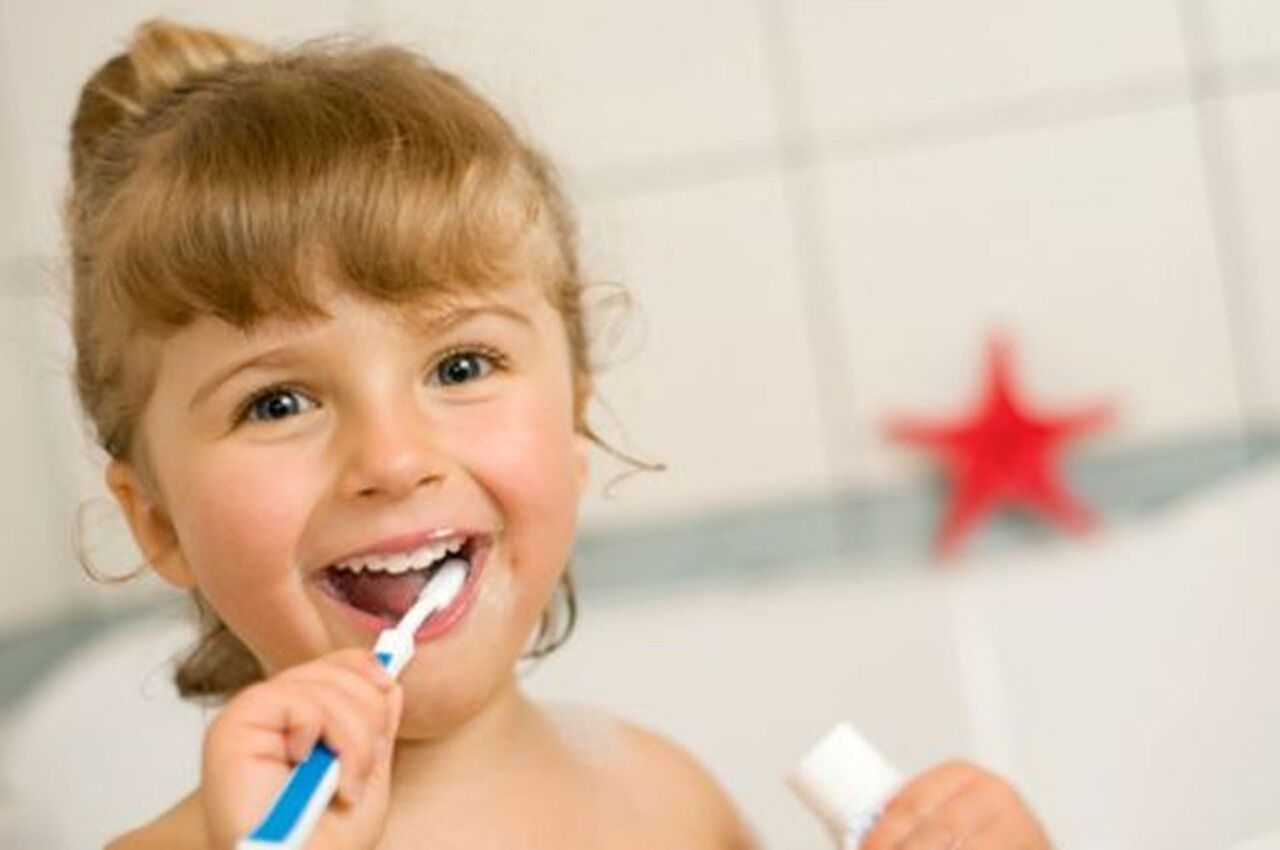After an oral procedure such as a root canal, dental extraction, or wisdom teeth removal, the recovery process can leave you feeling uncomfortable and in pain. Eating nutritious food is essential to promote healing and help your body recover faster.
Following your dental procedure, your dentist will provide you with instructions for your recovery that should be followed closely. While they will likely advise you to stick with soft food, there are still plenty of delicious healthy options available.
Here are 8 of the best foods to eat after an oral procedure:
1. Soft Fruits
Bananas, applesauce, and other soft fruits are nutritious options that can be enjoyed without irritating your teeth and gums. It is important to stay away from citrus fruits that may be too acidic.
2. Soup
Soup is a great option because it’s easy to consume and is loaded with vitamins and minerals that can help your body heal. Stick to broths or clear soups for the easiest digestion.
3. Smoothies
Smoothies are an ideal post-procedure meal because they are packed with nutrients and can be blended to a texture that won’t irritate your mouth. However, following many oral procedures, it is recommended that you avoid using straws, so opt for smoothies that can be sipped or use a spoon instead.
4. Oatmeal
Oatmeal is an excellent source of fiber and antioxidants, making it ideal for post-procedure recovery. Since it’s easy to digest, you don’t have to worry about irritating your mouth.
5. Yogurt
Yogurt is a great source of protein and calcium, so it’s great for aiding in the healing process. Make sure to opt for plain, unsweetened yogurt or Greek yogurt for the best health benefits.
6. Mashed Potatoes
Mashed potatoes are an excellent source of carbohydrates and potassium, and can be enjoyed without irritating your mouth. Make sure to go light on the butter.
7. Eggs
Eggs are a great source of protein and vitamins, which can provide the energy you need to kickstart your recovery process. Omelets, scrambled eggs, and soft-boiled eggs are all wonderful options for an after-procedure meal.
8. Avocado
Avocado is a great source of healthy fats, vitamins, and minerals. It’s an easy-to-digest food that won’t irritate your mouth and can help you on the path to recovery.
By following a nutritious diet after your oral procedure, you can ensure your body has all the nutrients it needs to heal quickly and efficiently. Additionally, make sure to stay well-hydrated by drinking plenty of water.
Top Foods to Avoid Following An Oral Procedure
Certain foods can aggravate your mouth and slow the healing process. To ensure a successful recovery, avoid eating hard or crunchy food such as nuts, chips, and popcorn; acidic fruits like oranges and lemons; spicy foods; and carbonated beverages.
The extent of your dietary restrictions will depend on the type of procedure you have. While it may feel tedious to stick to a soft diet, doing so in the short term will help to prevent any further discomfort and speed up the healing process.
By making conscious dietary choices after an oral procedure, you can help ensure a successful recovery and get back on the path to optimal health.
If you have any questions or concerns about what to eat following your oral procedure, it’s always best to check with your dentist for personalized advice and guidance.
